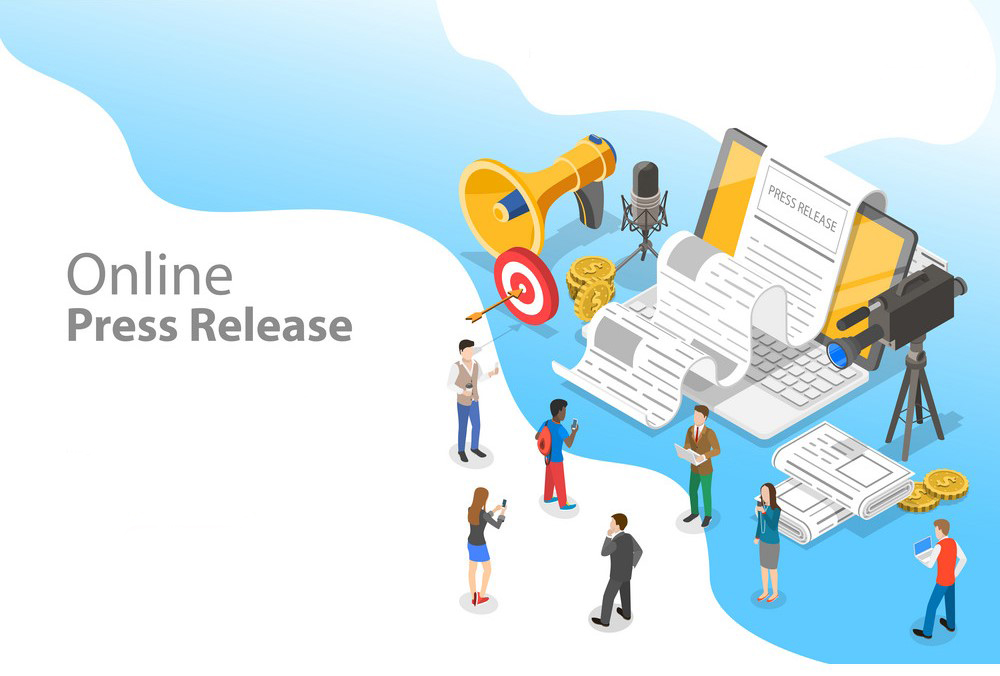The Importance of Speeding Up Your Social Media Response Time
Discover why accelerating your social media response time is crucial for brand success. Learn actionable strategies to enhance engagement, boost customer satisfaction, and stay ahead of competitors. This guide provides practical tips to optimize your response speed and build stronger relationships with your audience.

In today’s digital landscape, social media has evolved into a crucial communication channel for businesses. Customers now expect swift responses to their inquiries and feedback. Speeding up your social media response time can significantly impact customer satisfaction and overall brand reputation. The immediacy with which you address customer concerns can differentiate your business in a crowded market, fostering a positive image and building stronger customer relationships.
Understanding Customer Expectations
In the age of instant information and rapid communication, customers have developed high expectations for response times on social media. They are accustomed to receiving quick replies from friends and family through various messaging apps and platforms. When they reach out to businesses, they anticipate a similar level of responsiveness. A slow response can lead to frustration and a negative perception of your brand, potentially driving customers to competitors who offer faster service.
The Impact on Customer Satisfaction
Timely responses on social media are crucial for maintaining high levels of customer satisfaction. When a customer reaches out with a question, complaint, or comment, they expect a prompt resolution. A quick reply not only helps resolve issues efficiently but also shows that your business values and prioritizes customer concerns. Conversely, delayed responses can exacerbate problems, leaving customers feeling ignored and undervalued.
Building Brand Loyalty through Quick Responses
Fast response times can play a significant role in building and nurturing brand loyalty. Customers who receive timely assistance are more likely to develop a positive perception of your brand, which can translate into repeat business and customer advocacy. When customers feel that their concerns are addressed promptly, they are more inclined to remain loyal to your brand and recommend it to others.
Enhancing Your Brand’s Reputation
Your social media response time is a direct reflection of your brand’s commitment to customer service. Brands known for their quick and effective responses often enjoy a better reputation and higher customer trust. A strong reputation for responsiveness can attract new customers and create a favorable image that sets your brand apart from competitors.
Boosting Customer Engagement
Speeding up your response time can also enhance customer engagement. When you engage with your audience promptly, you create opportunities for deeper interactions and connections. This increased engagement can lead to higher levels of brand awareness and positive sentiment. Active and responsive social media profiles are more likely to attract followers and foster a sense of community around your brand.
Strategies to Improve Your Response Time
To enhance your social media response time, consider implementing the following strategies:
Utilize Social Media Management Tools
Investing in social media management tools can streamline your response process. These tools often feature centralized dashboards that allow you to monitor multiple social media platforms simultaneously. They also offer features like automated replies, scheduled responses, and real-time notifications, helping you stay on top of customer interactions and respond promptly.
Set Up Alerts and Notifications
Configure alerts and notifications for your social media accounts to ensure that you are immediately aware of incoming messages and comments. By receiving instant notifications, you can address customer inquiries and concerns as soon as they arise, reducing response time and improving overall efficiency.
Implement a Response Protocol
Developing a clear response protocol can help your team handle social media interactions more effectively. Outline procedures for addressing different types of inquiries, such as general questions, complaints, or urgent issues. A well-defined protocol ensures that your team members know how to respond quickly and appropriately, minimizing delays.
Train Your Social Media Team
Proper training is essential for improving response times. Ensure that your social media team is well-versed in your brand’s voice, policies, and response procedures. Regular training sessions can keep your team updated on best practices and new tools, equipping them with the skills needed to handle customer interactions efficiently.
Monitor and Analyze Response Times
Regularly monitor and analyze your social media response times to identify areas for improvement. Track metrics such as average response time, response rate, and customer satisfaction scores. Analyzing this data can help you pinpoint trends, evaluate performance, and make informed decisions to enhance your response strategy.
Balancing Speed with Quality
While speeding up your response time is important, it is equally crucial to maintain the quality of your interactions. A quick reply is valuable, but it should not come at the expense of thoroughness or accuracy. Ensure that your responses are not only timely but also well-informed and helpful. Striking the right balance between speed and quality will contribute to a positive customer experience and reinforce your brand’s reputation for excellent service.
Leveraging Automation and AI
Automation and artificial intelligence (AI) can play a significant role in improving your social media response time. Chatbots and automated response systems can handle routine inquiries and provide instant replies, freeing up your team to focus on more complex issues. By leveraging these technologies, you can enhance efficiency and ensure that customers receive prompt assistance, even outside of regular business hours.
Encouraging Self-Service Options
Incorporating self-service options into your social media strategy can reduce the volume of direct inquiries and improve response times. Providing customers with access to frequently asked questions (FAQs), knowledge bases, and how-to guides can empower them to find answers independently. This approach not only speeds up resolution times but also enhances overall customer satisfaction.
Adapting to Peak Times
Recognize and prepare for peak times when social media activity may surge, such as during product launches, promotions, or major events. During these high-traffic periods, ensure that your team is adequately staffed and equipped to handle increased interaction volumes. By anticipating peak times and adjusting your resources accordingly, you can maintain swift response times even during periods of heightened activity.
Encouraging Customer Feedback
Encouraging customer feedback can provide valuable insights into your social media response performance. Solicit feedback from customers regarding their experiences with your response times and overall service quality. Use this feedback to identify areas for improvement and make adjustments to your strategy as needed.
Maintaining Consistent Communication
Consistency in communication is key to building trust and credibility on social media. Ensure that your responses are consistent with your brand’s tone and messaging. Consistent communication helps reinforce your brand’s identity and fosters a sense of reliability and professionalism among your audience.
Addressing Negative Feedback Promptly
Handling negative feedback swiftly is crucial for mitigating potential damage to your brand’s reputation. Respond to negative comments or complaints promptly and professionally, addressing the issue with empathy and offering solutions. A well-managed response to negative feedback can turn a potentially harmful situation into an opportunity to demonstrate excellent customer service.
Measuring the Impact of Faster Response Times
Evaluate the impact of improved response times on key performance indicators such as customer satisfaction, engagement rates, and brand perception. Measure changes in metrics such as response time, customer feedback scores, and overall sentiment to assess the effectiveness of your efforts. Continuous evaluation and adjustment of your strategy will help you maintain high standards of responsiveness and customer service.
Fostering a Culture of Responsiveness
Encourage a culture of responsiveness within your organization by emphasizing the importance of timely interactions. Recognize and reward team members who demonstrate exceptional responsiveness and contribute to positive customer experiences. A culture that prioritizes quick and effective communication will drive overall improvements in your social media response times and customer service standards.
Staying Updated on Best Practices
Social media trends and best practices are constantly evolving. Stay informed about the latest developments in social media management and response strategies to ensure that your approach remains effective and relevant. By staying updated on industry trends and adopting new best practices, you can continue to enhance your social media response times and deliver exceptional customer service.
What's Your Reaction?
















